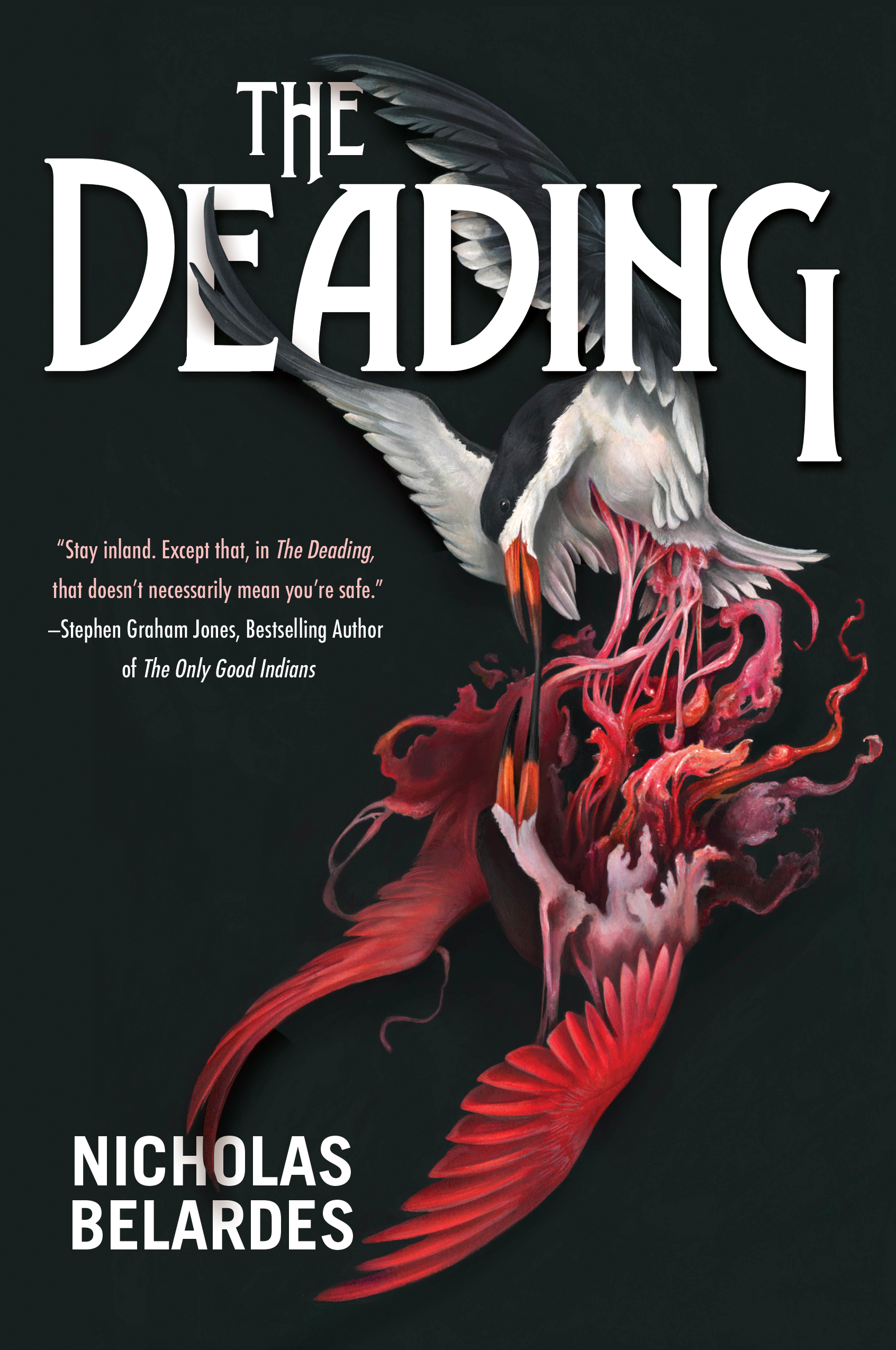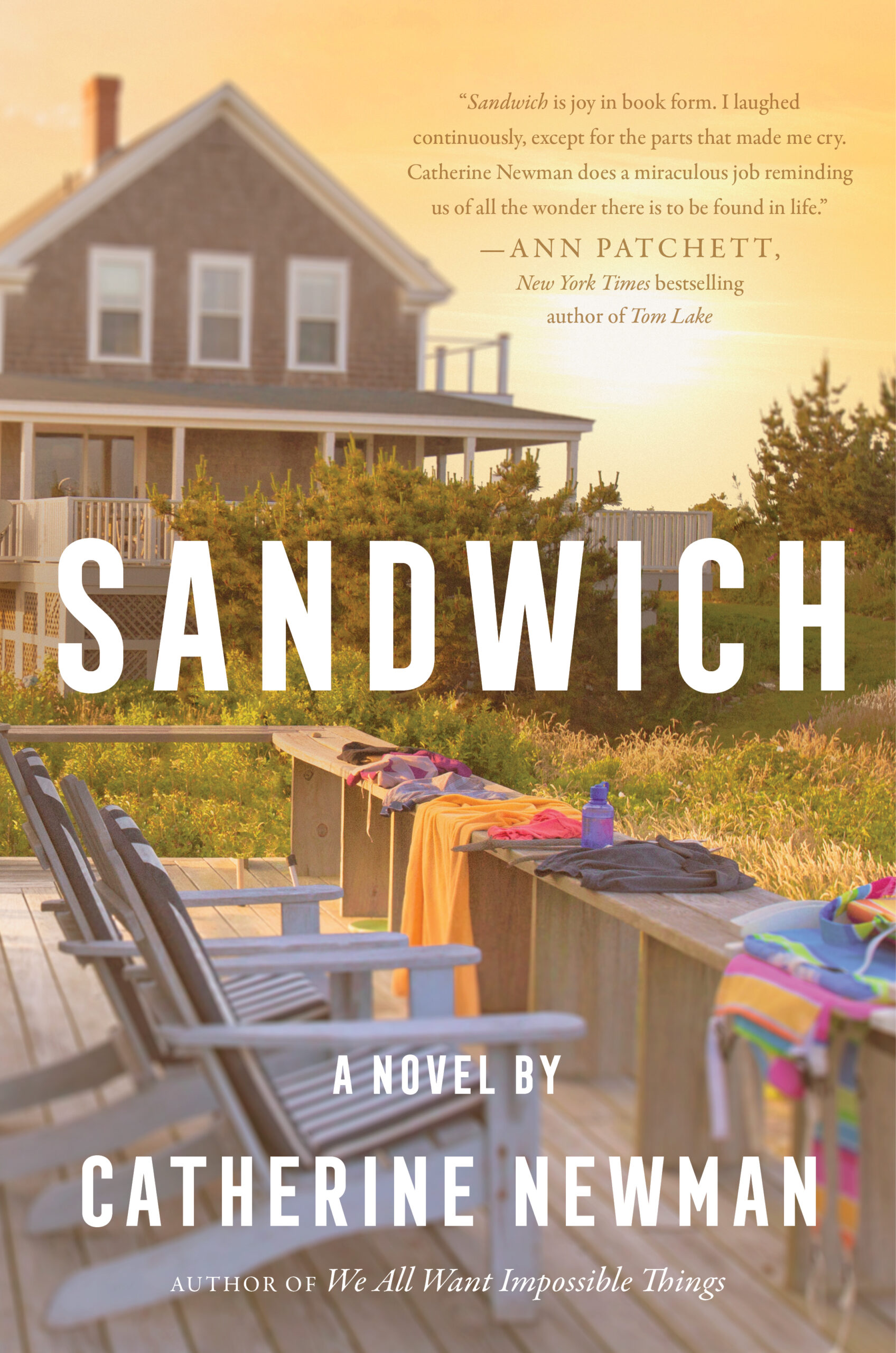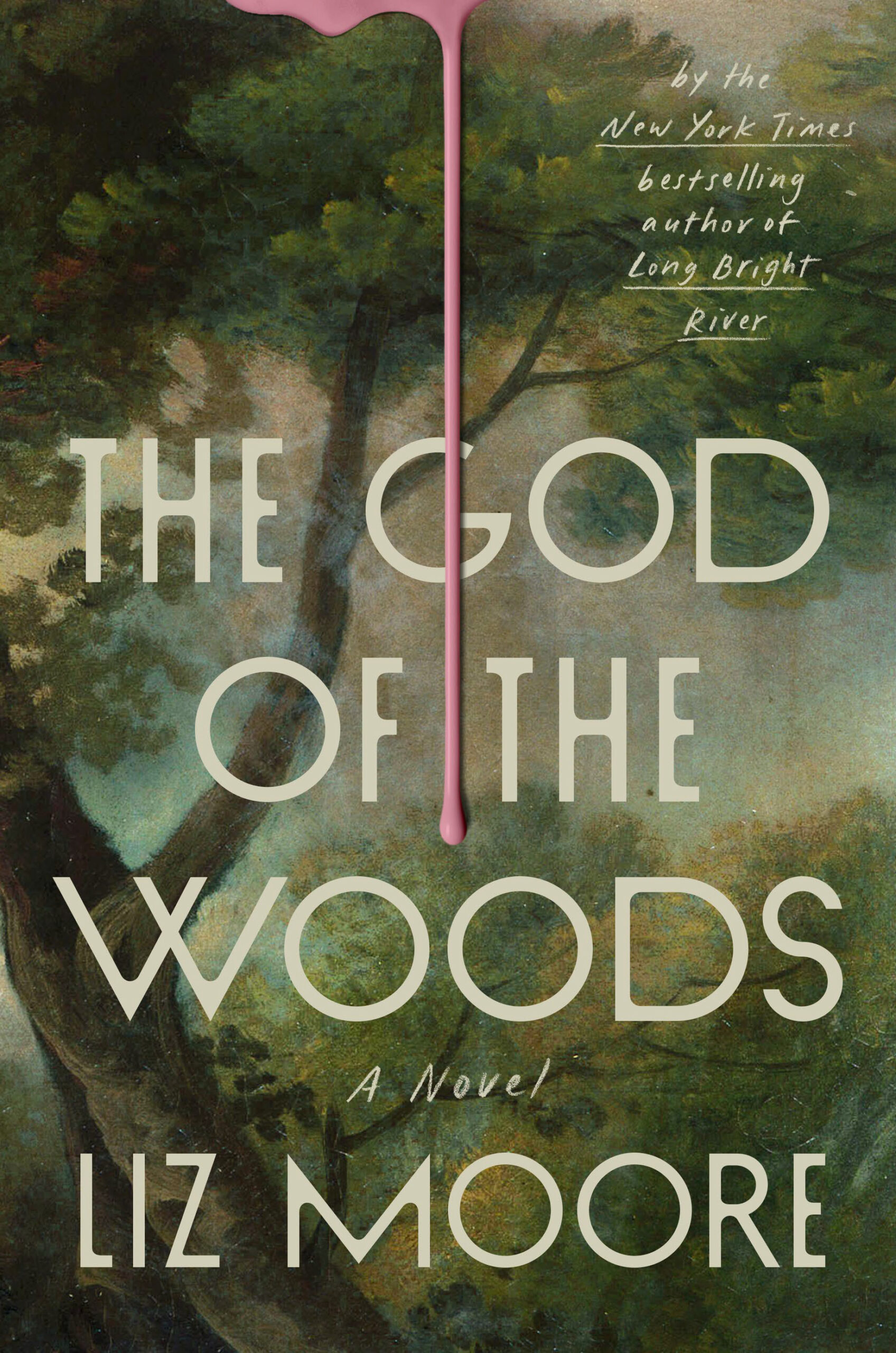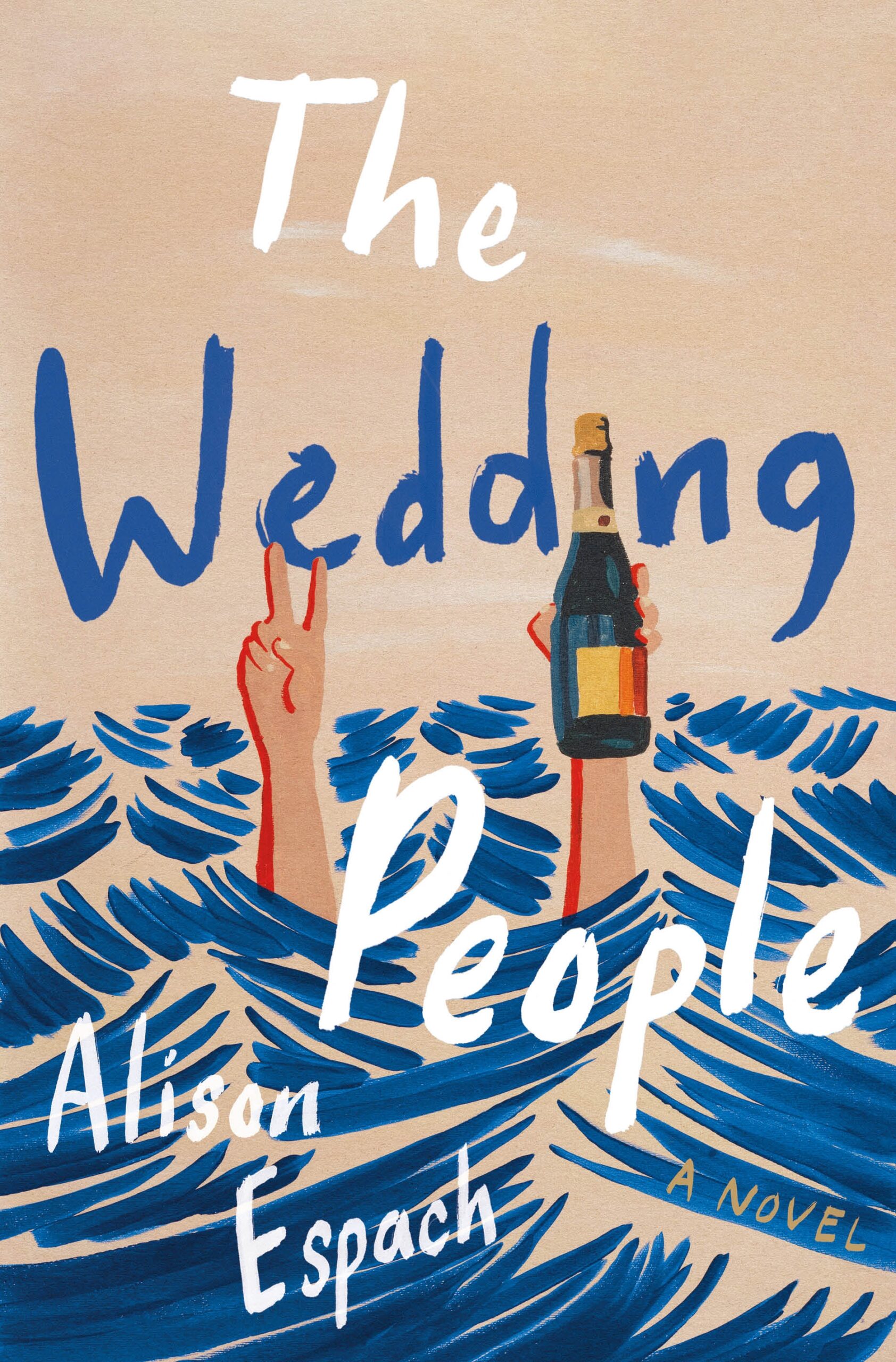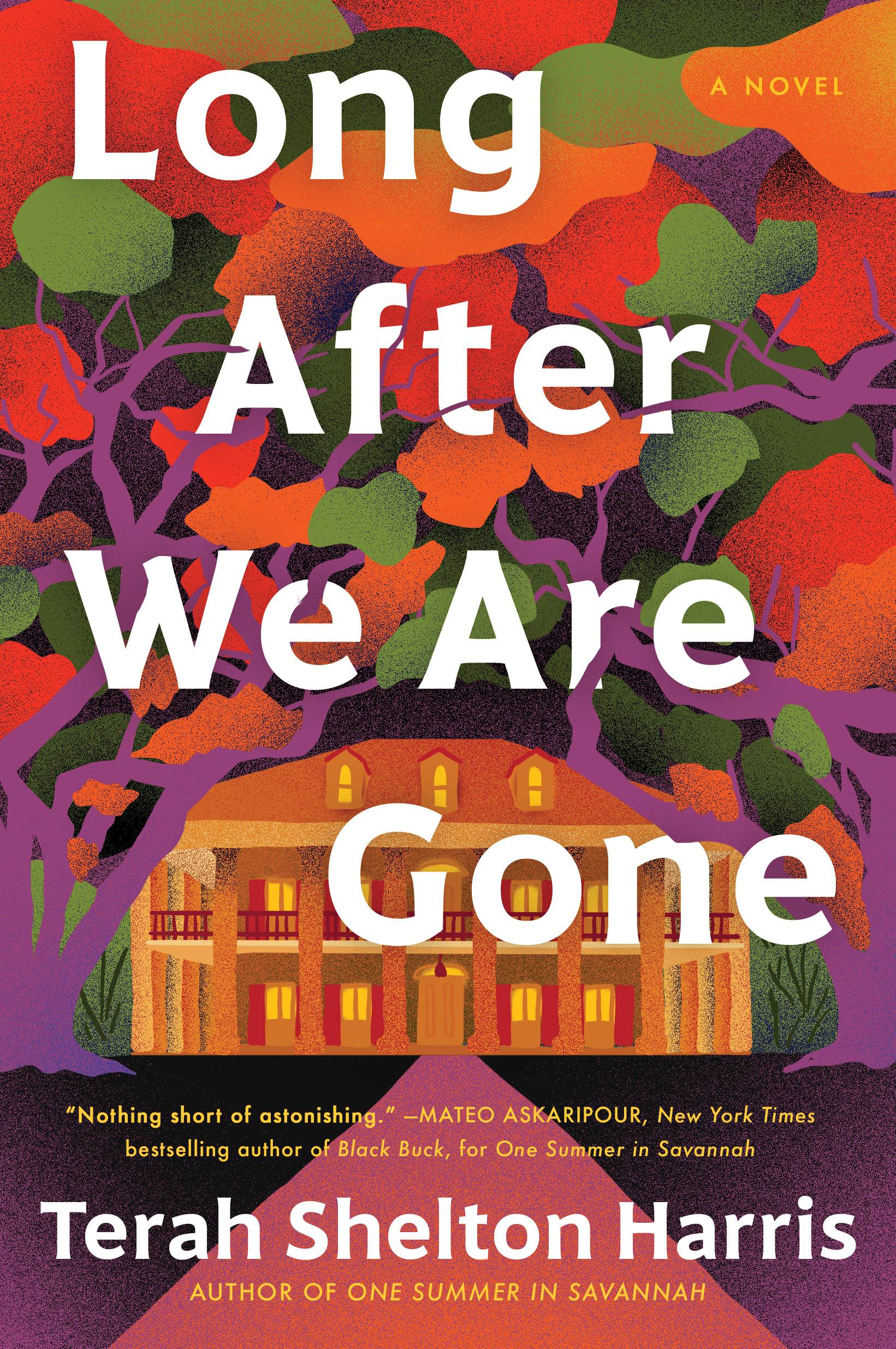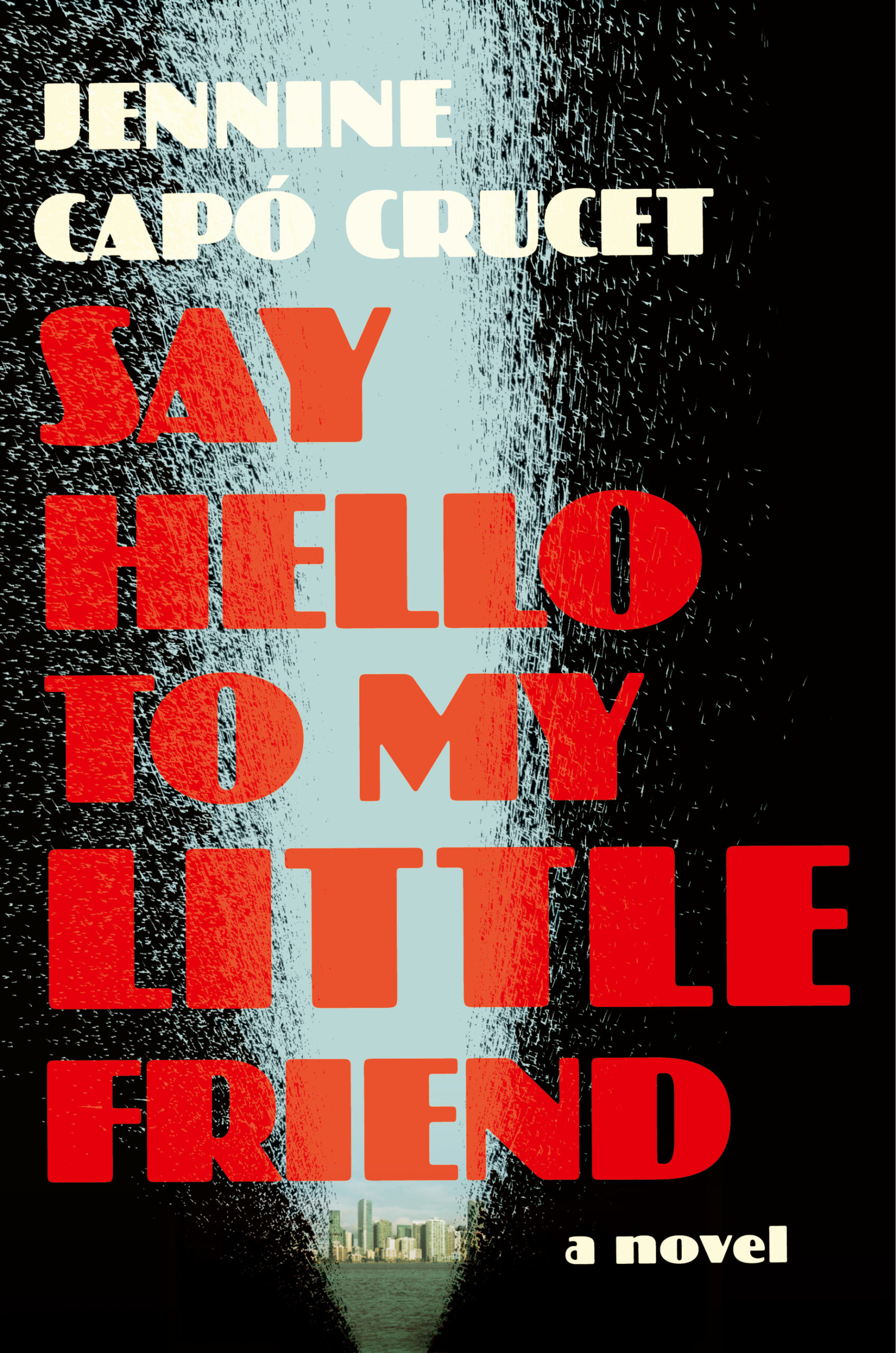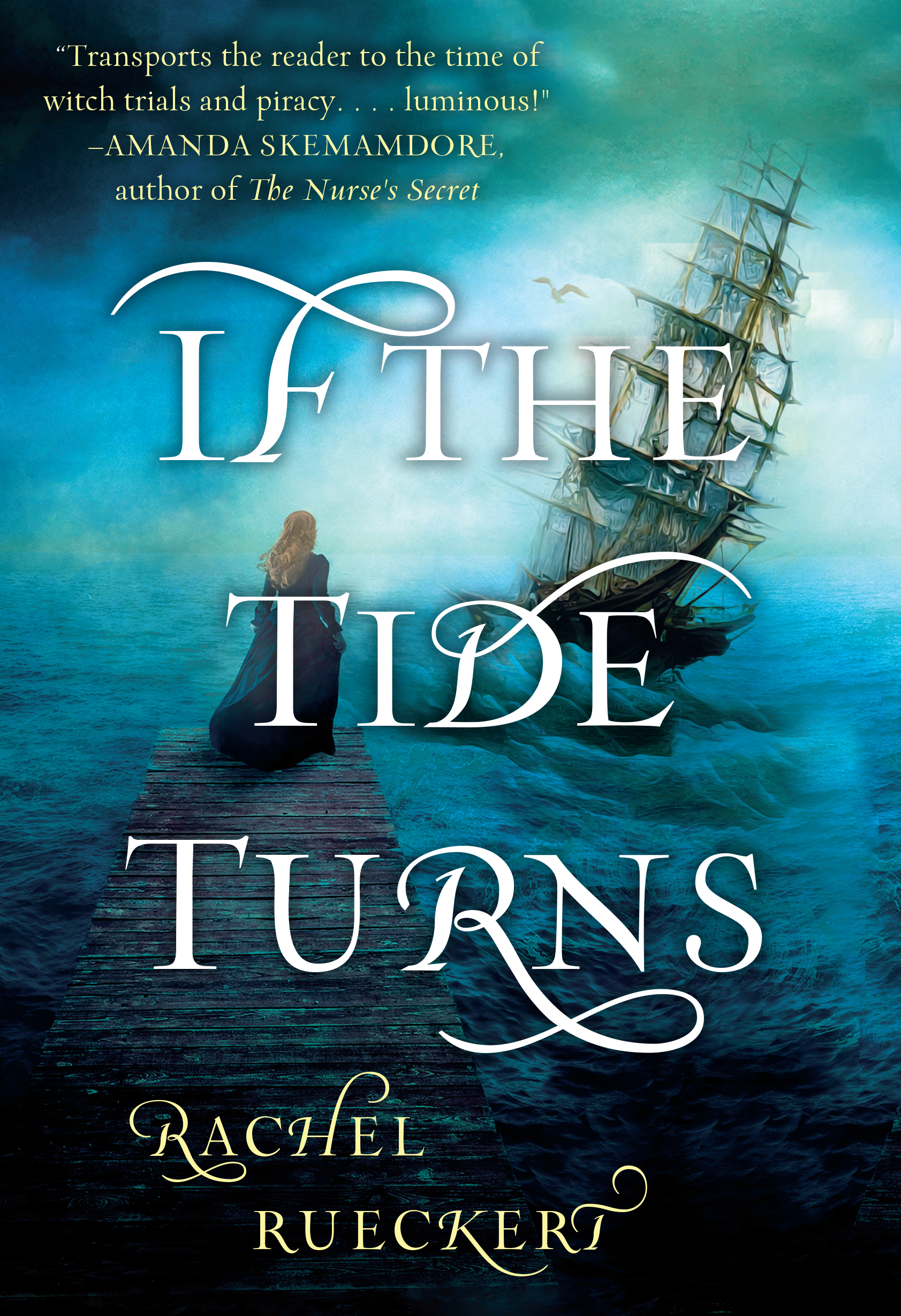Urgent, propulsive, and strikingly insightful, Homebodies is a thrilling debut novel about a young Black writer whose world is turned upside down when she loses her coveted job in media and her searing manifesto about racism in the industry goes viral.
Mickey Hayward dreams of writing stories that matter. She has a flashy media job that makes her feel successful and a devoted girlfriend who takes care of her when she comes home exhausted and demoralized. It’s not all A-list parties and steamy romance, but Mickey’s on her way, and it’s far from the messy life she left behind in Maryland. Despite being overlooked and mistreated at work, it seems like she might finally get the chance to prove herself—until she finds out she’s being replaced.
Distraught and enraged, Mickey fires back with a detailed letter outlining the racism and sexism she’s endured as a Black woman in media, certain it will change the world for the better. But when her letter is met with overwhelming silence, Mickey is sent into a tailspin of self-doubt. Forced to reckon with just how fragile her life is—including the uncertainty of her relationship—she flees to the last place she ever dreamed she would run to, her hometown, desperate for a break from her troubles.
Back home, Mickey is seduced by the simplicity of her old life—and the flirtation of a former flame—but her life in New York refuses to be forgotten. When a media scandal catapults Mickey’s forgotten letter into the public zeitgeist, suddenly everyone wants to hear what Mickey has to say. It’s what she’s always wanted—isn’t it?
Intimate, witty, and deeply sexy, Homebodies is a testament to those trying to be heard and loved in a world that refuses to make space, and introduces a standout new writer.
Archives
You Can’t Stay Here Forever
Desperate to obliterate her past, a young widow flees California for the French Riviera in this compelling debut, a tale of loss, rebirth, modern friendship, and romance that blends wryness and psychological insight with gorgeous scene-setting and rich relationships. Just days after her young, handsome husband dies in a car accident, Ellie Huang discovers that he had a mistress—one of own her colleagues at a prestigious San Francisco law firm. Acting on impulse—or is it grief? rage? Probably all three—Ellie cashes in Ian’s life insurance policy for an extended stay at the luxurious Hotel du Cap-Eden-Roc in Antibes, France. Accompanying her is her free-spirited best friend, Mable Chou.
Ellie hopes that the five-star resort on the French Riviera, with its stunning clientele and floral-scented cocktails, will be a heady escape from the real world. And at first it is. She and Mable meet an intriguing couple, Fauna and Robbie, and as their poolside chats roll into wine-soaked dinners, the four become increasingly intimate. But the sunlit getaway soon turns into a reckoning for Ellie, as long-simmering tensions and uncomfortable truths swirl to the surface.
Taking the reader from San Francisco to the gilded luxury of the south of France, You Can’t Stay Here Forever is a sharply funny and exciting debut that explores the slippery nature of marriage, the push and pull between friends, and the interplay of race and privilege, seen through the eyes of a young Asian American woman.
Caul Baby
From New York Times bestselling author Morgan Jerkins, an electrifying tale rife with secrets, betrayal, intrigue, and magic that brings to life one powerful and enigmatic family. Laila desperately wants to become a mother, but each of her previous pregnancies has ended in heartbreak. To protect the child she’s carrying, she turns to the Melancons, an old and powerful Harlem family known for their caul, a precious layer of skin that is rumored to hold miraculous healing properties. But the deal to acquire the caul falls apart, and Laila’s child is stillborn. Overcome with grief and rage, Laila does not know that her niece, Amara, an ambitious college student, is secretly expecting a baby. When the girl arrives, Amara names her Hallow and arranges for her to be privately adopted. What she doesn’t know is that the adoptive family are the Melancons, who are eager to raise this extraordinary child as their own. Seeing Hallow’s unusual caul, the Melancon matriarch predicts the girl will save the family and restore the riches that they once enjoyed. Growing up, Hallow feels that something in her life is not right. Did Josephine, the woman she calls mother, really bring her into the world? Why is her cousin Helena allowed to roam the streets of New York freely while she must remain at home? Is she fated to live, work, and die in the Melancons’ crumbling brownstone? As the family’s thirst to maintain their status grows, fate reunites Hallow and Amara, whose career has reached astonishing heights. Now, daughter and mother must decide where their true allegiances lie. Engrossing, unique, and page-turning, Caul Baby illuminates the search for familial connection, the enduring power of tradition, and the darkest corners of the human heart.
The One Hundred Years of Lenni and Margot
“Graceful, intelligent, beautiful writing. Full of wisdom and kindness. It is just the kind of book I adore.”—Joanna Cannon, author of the international bestseller The Trouble with Goats and Sheep. A charming, fiercely alive and disarmingly funny debut novel in the vein of John Green, Rachel Joyce, and Jojo Moyes—a brave testament to the power of living each day to the fullest, a tribute to the stories that we live, and a reminder of our unlimited capacity for friendship and love. An extraordinary friendship. A lifetime of stories. Seventeen-year-old Lenni Pettersson lives on the Terminal Ward at the Glasgow Princess Royal Hospital. Though the teenager has been told she’s dying, she still has plenty of living to do. Joining the hospital’s arts and crafts class, she meets the magnificent Margot, an 83-year-old, purple-pajama-wearing, fruitcake-eating rebel, who transforms Lenni in ways she never imagined. As their friendship blooms, a world of stories opens for these unlikely companions who, between them, have been alive for one hundred years. Though their days are dwindling, both are determined to leave their mark on the world. With the help of Lenni’s doting palliative care nurse and Father Arthur, the hospital’s patient chaplain, Lenni and Margot devise a plan to create one hundred paintings showcasing the stories of the century they have lived—stories of love and loss, of courage and kindness, of unexpected tenderness and pure joy. Though the end is near, life isn’t quite done with these unforgettable women just yet. Delightfully funny and bittersweet, heartbreaking yet ultimately uplifting, The One Hundred Years of Lenni and Margot reminds us of the preciousness of life as it considers the legacy we choose to leave, how we influence the lives of others even after we’re gone, and the wonder of a friendship that transcends time.
The Lowering Days
“In The Lowering Days Gregory Brown gives us a lush, almost mythic portrait of a very specific place and time that feels all the more universal for its singularity. There’s magic here.”—Richard Russo, Pulitzer Prize-winning author of Empire Falls and Chances Are. A promising literary star makes his debut with this emotionally powerful saga, set in 1980s Maine, that explores family love, the power of myths and storytelling, survival and environmental exploitation, and the ties between cultural identity and the land we live on. If you paid attention, you could see the entire unfolding of human history in a story . . .Growing up, David Almerin Ames and his brothers, Link and Simon, believed the wild patch of Maine where they lived along the Penobscot River belonged to them. Running down the state like a spine, the river shared its name with the people of the Penobscot Nation, whose ancestral territory included the entire Penobscot watershed—the land upon which the Ames family eventually made their home. The brothers’ affinity for the natural world derives from their iconoclastic parents, Arnoux, a romantic artist and Vietnam War deserter who builds boats by hand, and Falon, an activist journalist who runs The Lowering Days, a community newspaper which gives equal voice to indigenous and white issues. But the boys’ childhood reverie is shattered when a bankrupt paper mill, once the Penobscot Valley’s largest employer, is burned to the ground on the eve of potentially reopening. As the community grapples with the scope of the devastation, Falon receives a letter from a Penobscot teenager confessing to the crime—an act of justice for a sacred river under centuries of assault. For the residents of the Penobscot Valley, the fire reveals a stark truth. For many, the mill is a lifeline, providing working class jobs they need to survive. Within the Penobscot Nation, the mill is a bringer of death, spewing toxic chemicals and wastewater products that poison the river’s fish and plants. As the divide within the community widens, the building anger and resentment explodes in tragedy, wrecking the lives of David and those around him. Evocative and atmospheric, pulsating with the rhythms of the natural world, The Lowering Days is a meditation on the flow and weight of history, the power and fragility of love, the dangerous fault lines underlying families, and the enduring land where stories are created and told.
The Night Always Comes
Award-winning author Willy Vlautin explores the impact of trickle-down greed and opportunism of gentrification on ordinary lives in this scorching novel that captures the plight of a young woman pushed to the edge as she fights to secure a stable future for herself and her family. Barely thirty, Lynette is exhausted. Saddled with bad credit and juggling multiple jobs, some illegally, she’s been diligently working to buy the house she lives in with her mother and developmentally disabled brother Kenny. Portland’s housing prices have nearly quadrupled in fifteen years, and the owner is giving them a good deal. Lynette knows it’s their last best chance to own their own home—and obtain the security they’ve never had. While she has enough for the down payment, she needs her mother to cover the rest of the asking price. But a week before they’re set to sign the loan papers, her mother gets cold feet and reneges on her promise, pushing Lynette to her limits to find the money they need. Set over two days and two nights, The Night Always Comes follows Lynette’s frantic search—an odyssey of hope and anguish that will bring her face to face with greedy rich men and ambitious hustlers, those benefiting and those left behind by a city in the throes of a transformative boom. As her desperation builds and her pleas for help go unanswered, Lynette makes a dangerous choice that sets her on a precarious, frenzied spiral. In trying to save her family’s future, she is plunged into the darkness of her past, and forced to confront the reality of her life. A heart wrenching portrait of a woman hungry for security and a home in a rapidly changing city, The Night Always Comes raises the difficult questions we are often too afraid to ask ourselves: What is the price of gentrification, and how far are we really prepared to go to achieve the American Dream? Is the American dream even attainable for those living at the edges? Or for too many of us, is it only a hollow promise?
The Love Songs of W.E.B. Du Bois
The great scholar, W. E. B. Du Bois, once wrote about the Problem of race in America and what he called “Double Consciousness,” a sensitivity that every African American possesses in order to survive. Since childhood, Ailey Pearl Garfield has understood Du Bois’s words all too well. Bearing the names of two formidable Black Americans—the revered choreographer Alvin Ailey and her great grandmother Pearl, the descendant of enslaved Georgians and tenant farmers—Ailey carries Du Bois’s Problem on her shoulders. Ailey is reared in the north in the City but spends summers in the small Georgia town of Chicasetta, where her mother’s family has lived since their ancestors arrived from Africa in bondage. From an early age, Ailey fights a battle for belonging that’s made all the more difficult by a hovering trauma, as well as the whispers of women—her mother, Belle, her sister, Lydia, and a maternal line reaching back two centuries—that urge Ailey to succeed in their stead. To come to terms with her own identity, Ailey embarks on a journey through her family’s past, uncovering the shocking tales of generations of ancestors—Indigenous, Black, and white—in the deep South. In doing so Ailey must learn to embrace her full heritage, a legacy of oppression and resistance, bondage and independence, cruelty and resilience that is the story—and the song—of America itself.
Monogamy
A brilliantly insightful novel, engrossing and haunting, about marriage, love, family, and heartache, from New York Times bestselling author Sue Miller. Graham and Annie have been married for nearly thirty years. A golden couple, their effortless devotion has long been the envy of their circle of friends and acquaintances. Graham is a bookseller, and a large, gregarious man with large appetites—a lover of life, curious, eager to please, and the convivial host of frequent, lively parties at his and Annie’s comfortable house in Cambridge. Annie, more reserved and introspective, is a photographer. After a six-year lull, she is about to have her first gallery show and is worried that the best years of her career may be behind her. They have two children; Sarah, the adult child of Annie and Graham, lives in San Francisco, and Lucas, Graham’s son with his first wife Frieda, works in New York. Though Frieda is an integral part of this far-flung, loving family, Annie is confident in the knowledge that she is Graham’s last and greatest love. When Graham suddenly dies, Annie is lost without this man whose enormous presence seemed to dominate their lives together. What is the point of going on, she wonders, without him? Soon after Graham’s death, as she is trying to pick up the pieces of her life, Annie makes a shocking discovery. Shortly before his death, Graham had been unfaithful, involved in an impulsive, brief affair he was trying to end. Confronted by his infidelity, she spirals into darkness wondering if she truly knew the man who loved her.
A tender, timeless novel that probes the heart of every committed relationship—how well do we know, can we ever know, the people we love—Monogamy is a mesmerizing portrait of a family and the secrets they keep from one another. As Sue Miller contemplates the imponderable, she reflects on the transformative power of memory, and the triumph of love over death itself. Beautiful, wise, and moving, Monogamy confirms her place as one of the most distinguished and extraordinary writers at work today.
The Chestnut Man
From Søren Sveistrup, creator of the hit television show The Killing, a nail-biting debut—a stylish and atmospheric thriller that follows the race to find a serial killer terrorizing Copenhagen.
Last Train to London
From New York Times bestselling novelist Meg Waite Clayton comes a powerful pre-WWII era novel based on the true story of the Kindertransport rescue of ten thousand children from Nazi-occupied Europe––and one brave woman who helped them escape.
In 1936, the Nazis are little more than brutish bores to fifteen-year old Stephan Neuman, a budding playwright and son of a wealthy and influential Jewish family in Vienna, Austria. Stephan’s best friend and companion is the brilliant Žofie-Helene, a Christian girl whose mother edits a progressive, anti-Nazi newspaper. But the two adolescents’ carefree innocence is shattered when Hitler’s forces advance. There is hope in the darkness, though. Truus Wijsmuller, a childless Dutchwoman, risks her life smuggling children out of Nazi-occupied land to the nations that will take them. It is a mission that becomes even more dangerous after the Anschluss—Hitler’s annexation of Austria—as, across Europe, countries close their borders to the growing number of refugees desperate to escape.
Tante Truus, as she is known, is determined to save as many children as she can. After Britain passes a measure to take in young refugees from the German Reich, she dares to approach Adolf Eichmann, the man who would later help devise the “Final Solution to the Jewish Question,” in a race against time to lead hundreds of children on a perilous journey to freedom.





